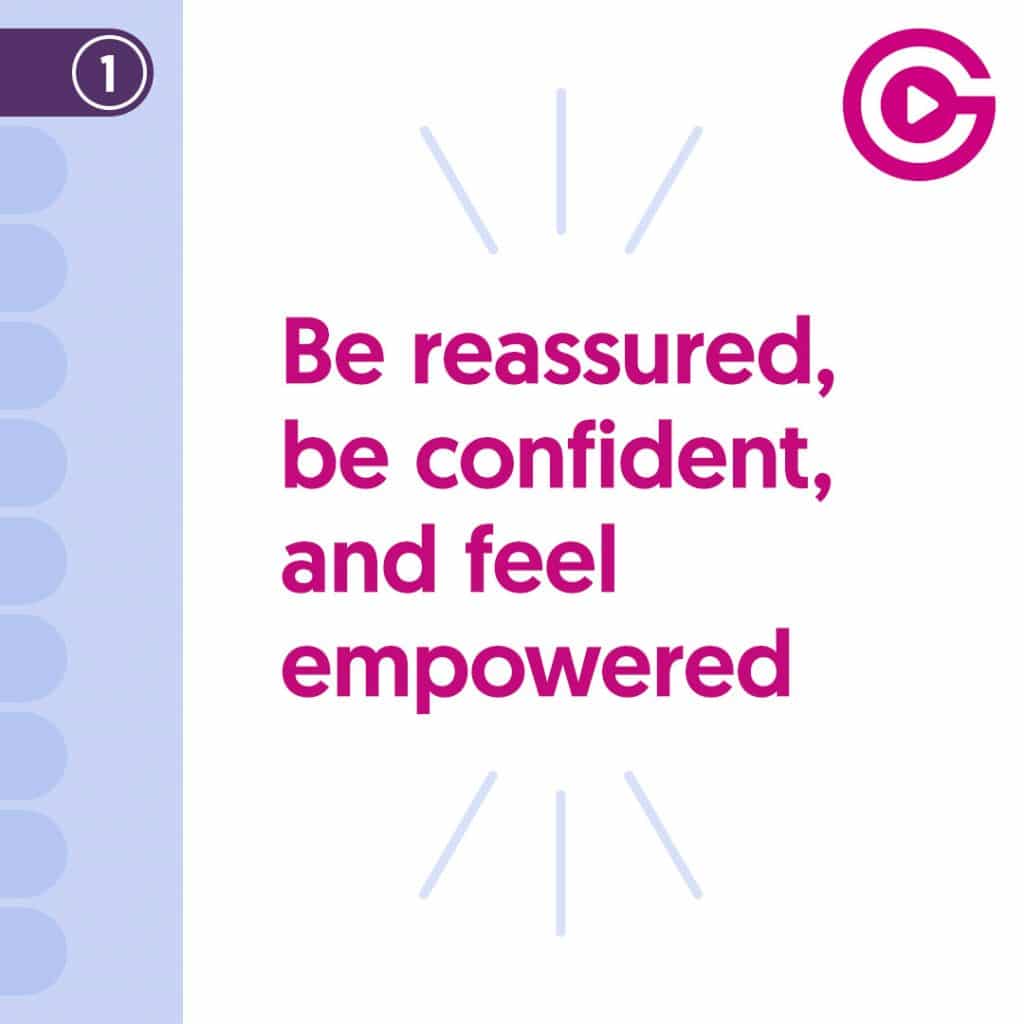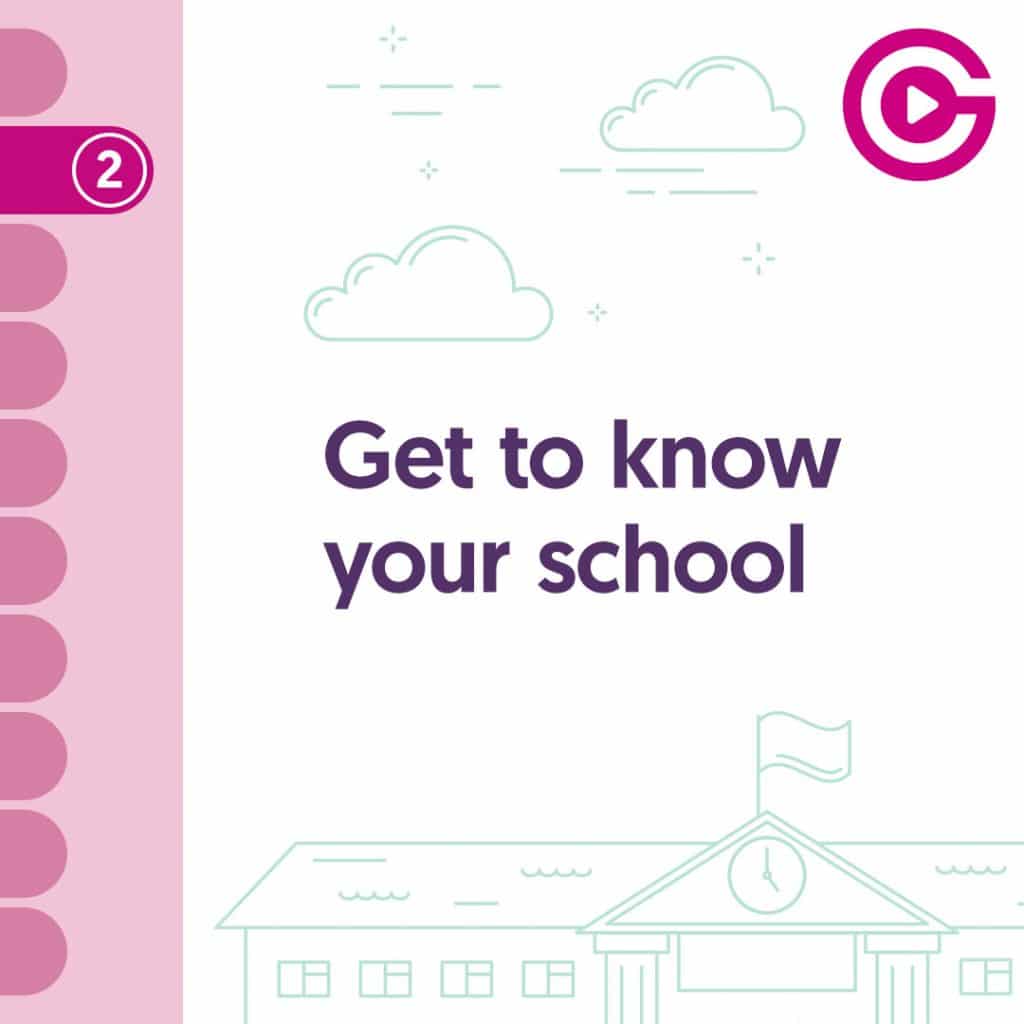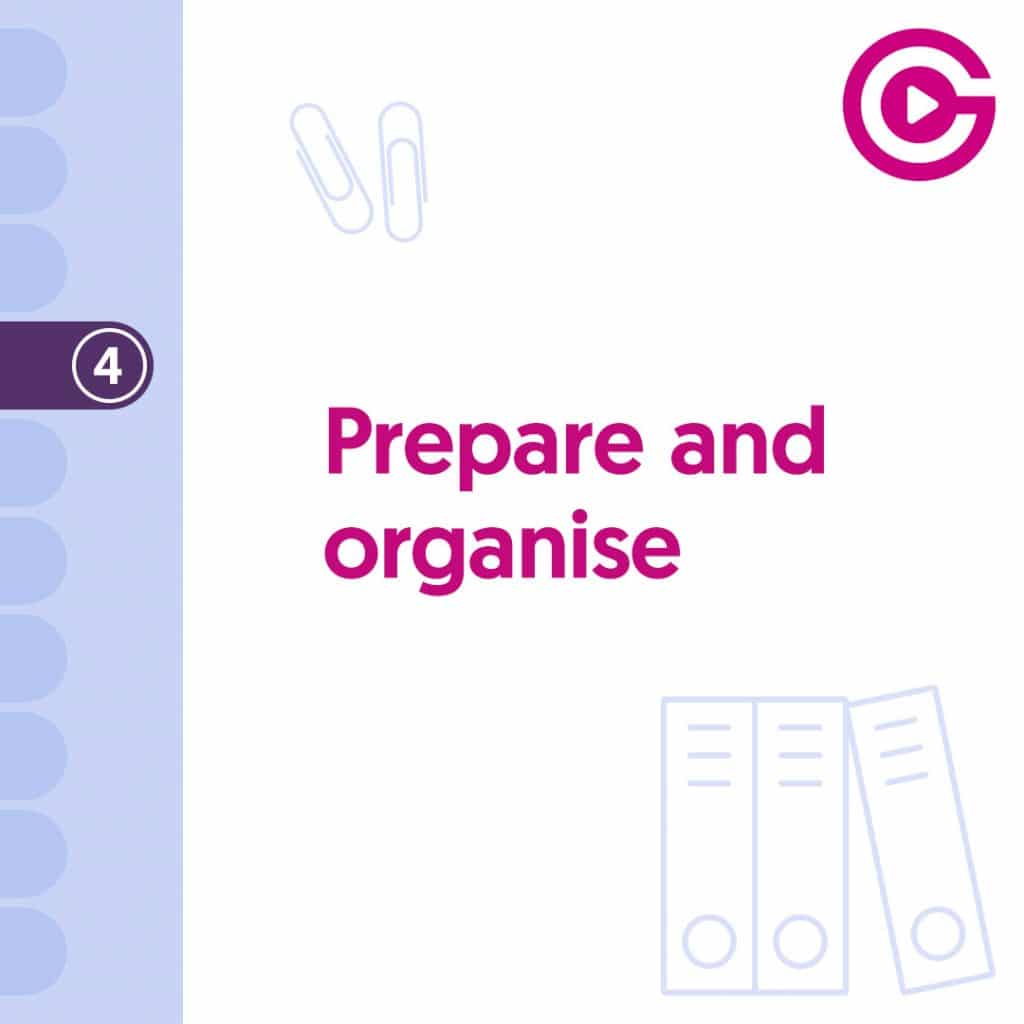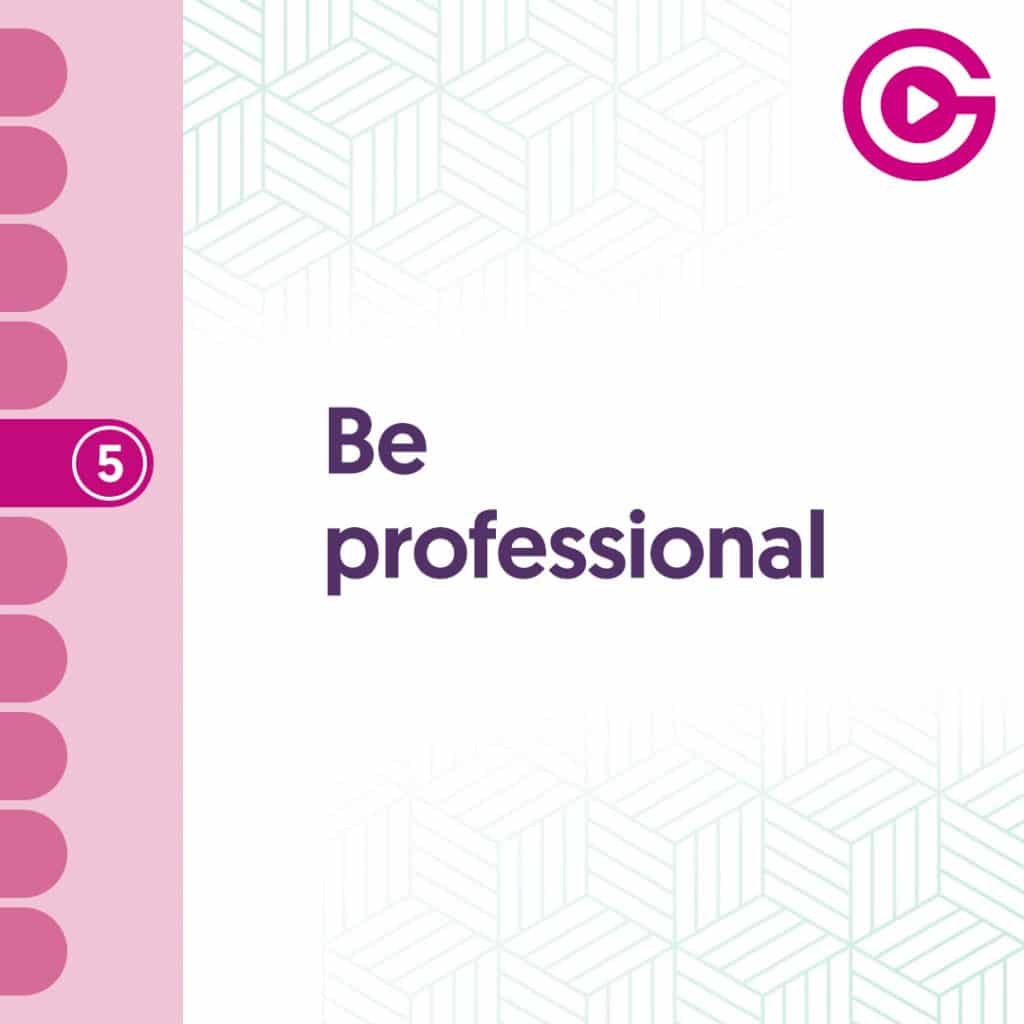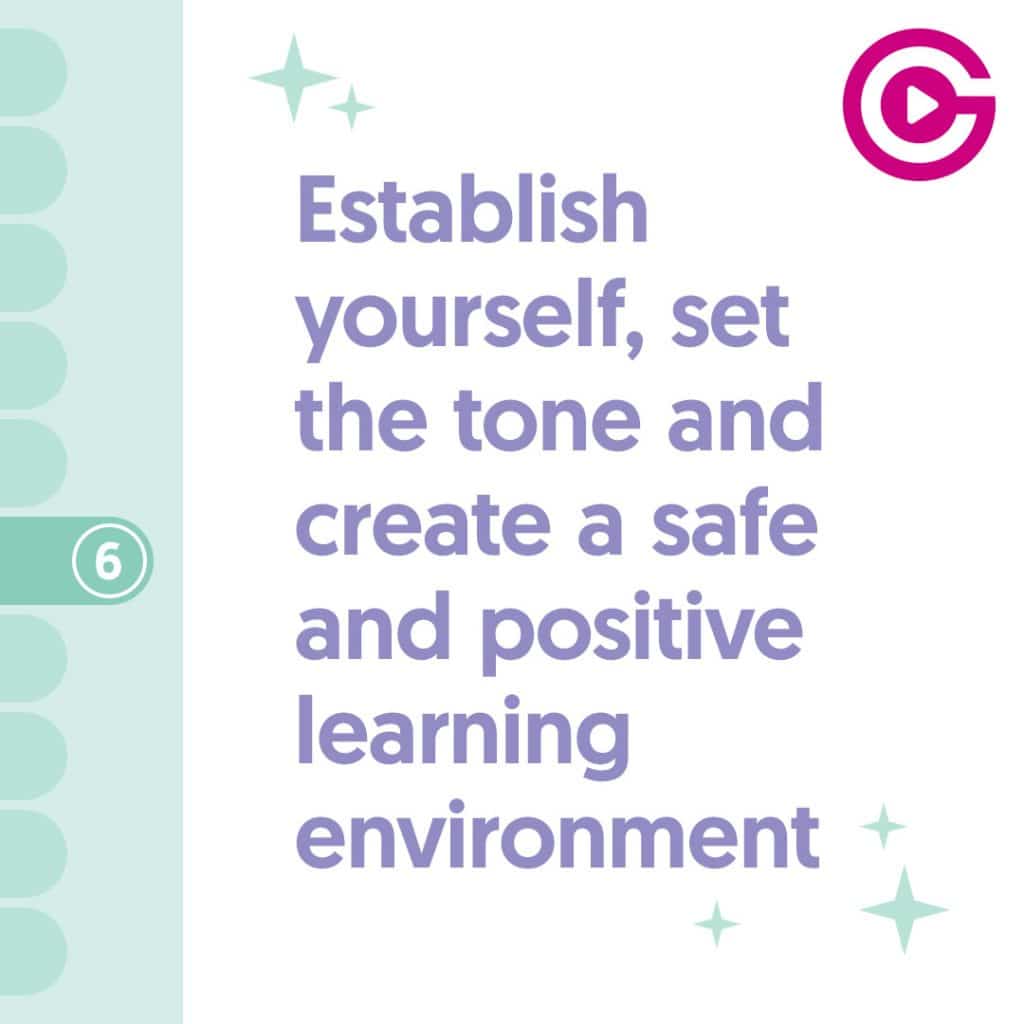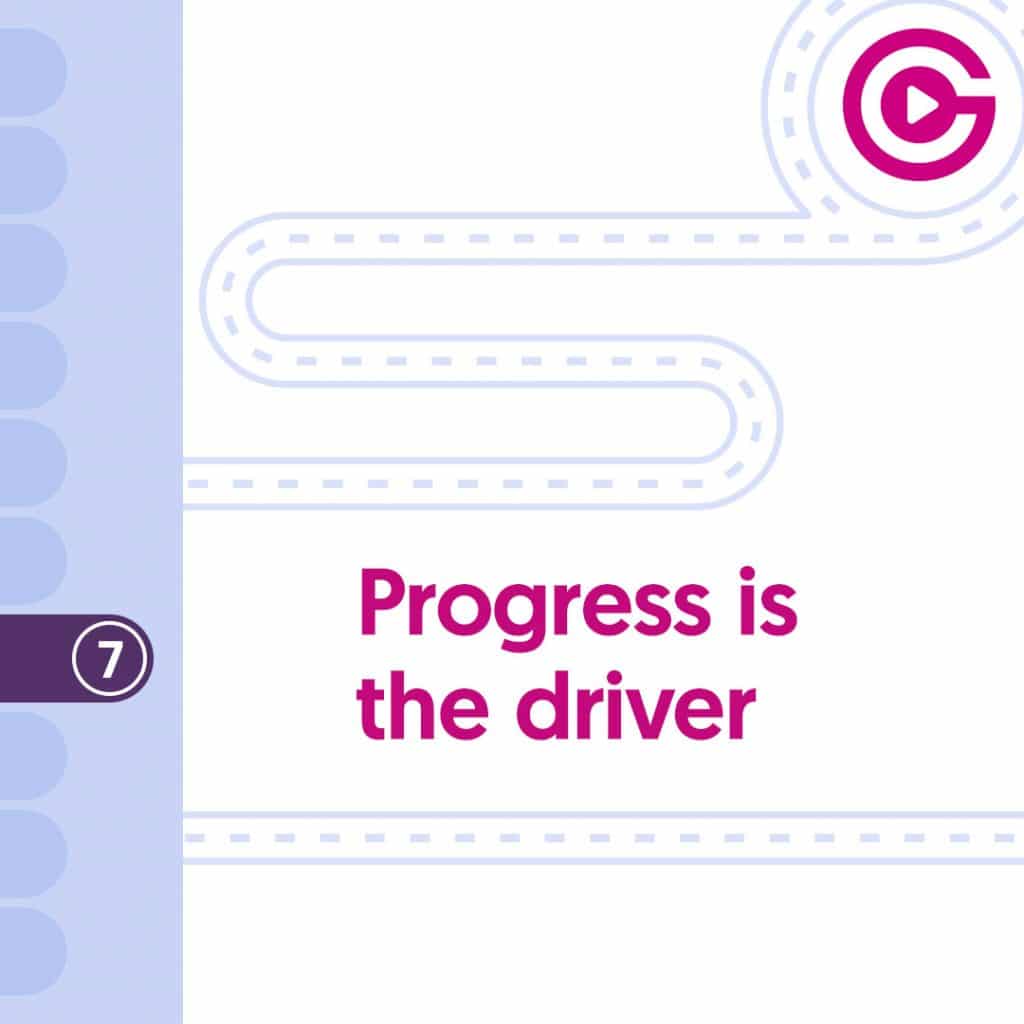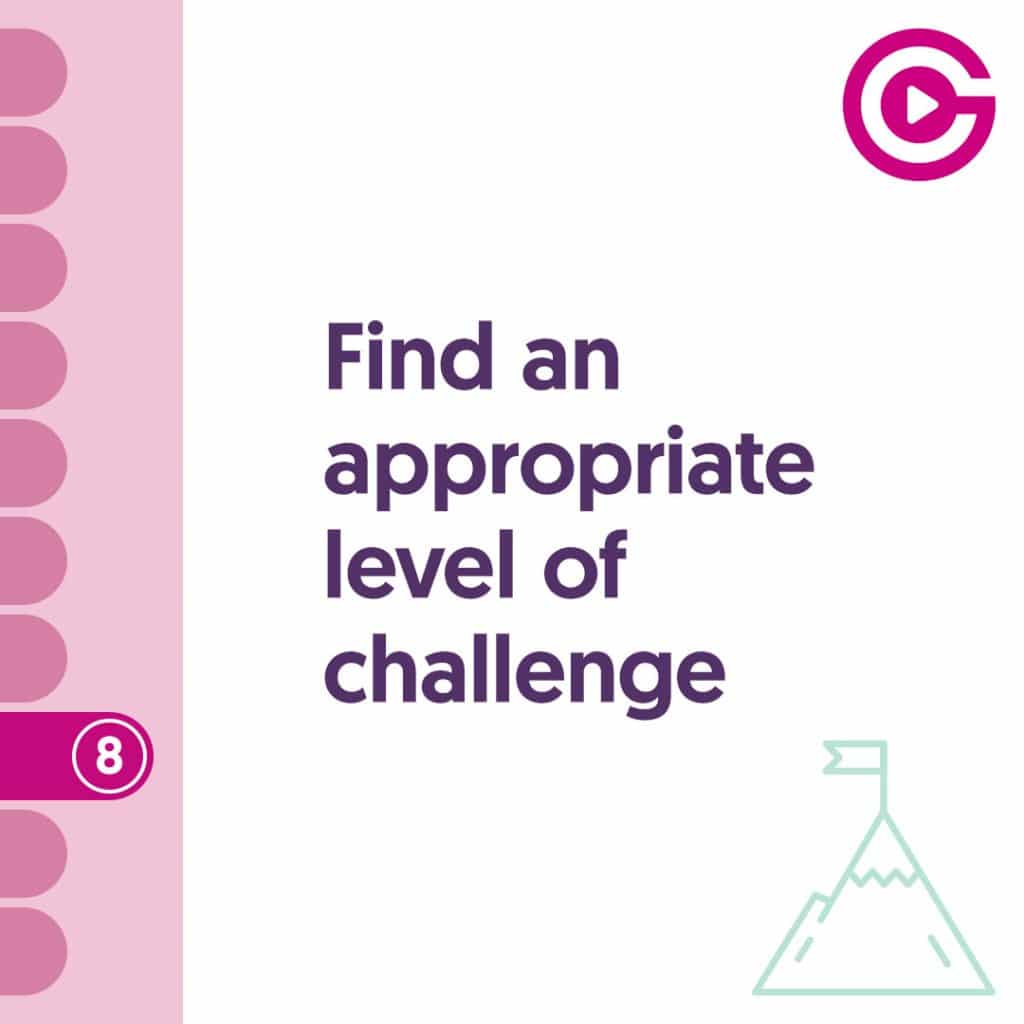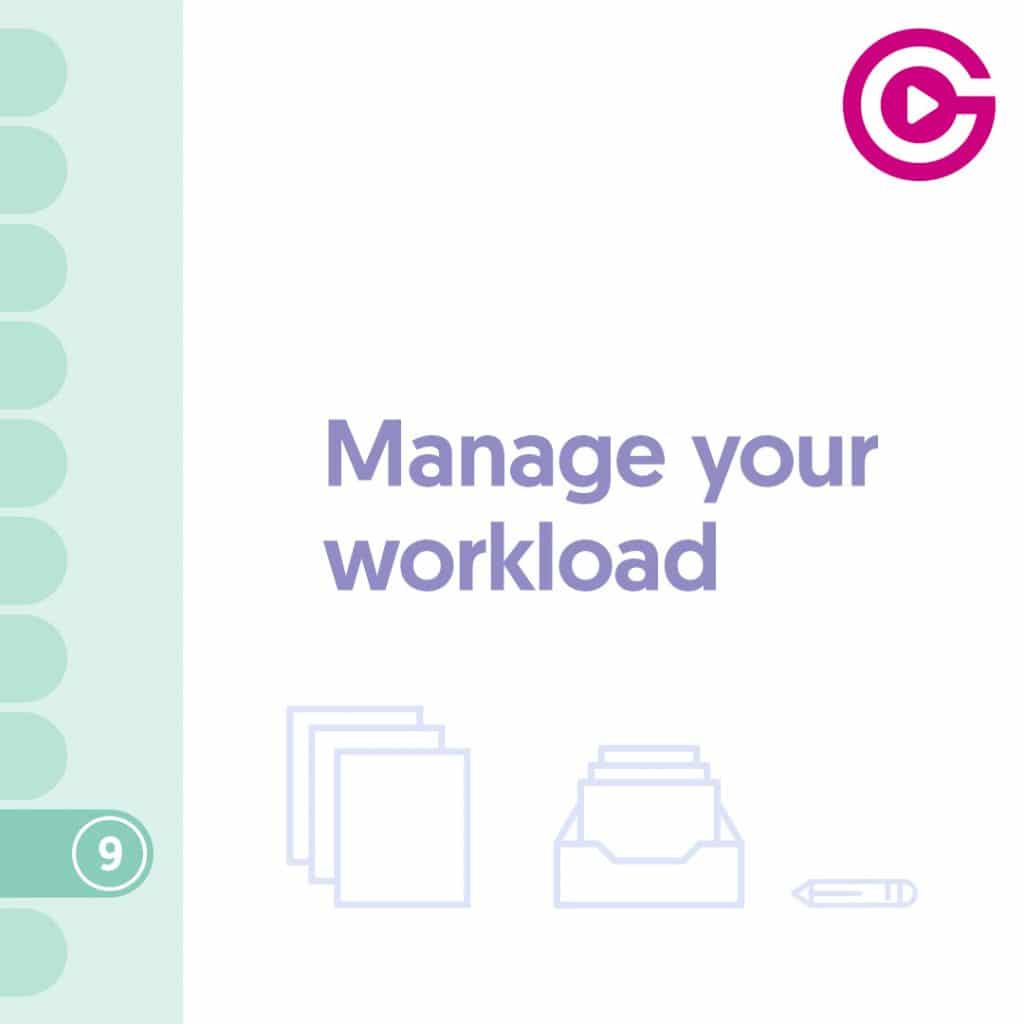1. Be reassured, be confident and feel empowered
Firstly, congratulations! You have successfully completed your initial teacher training (ITT) and have gained qualified teacher status (QTS) which in many ways is the most difficult part of becoming a successful teacher. You have been through a rigorous and robust training process and passed! You have received the rubber stamp of approval that you are qualified in one of the most important and rewarding professions there is.
Rest assured; you have made an excellent choice of careers. You have entered into one of the only professions which allows you to influence and have a positive impact on the future lives of children and young people. Good teachers change lives! Teaching allows you to live and breathe the subject that you are passionate about and allows you to inspire awe and wonder for your subject in the minds of young people.
What a privilege! Teaching is challenging but never dull and it is unlikely you will ever be out of work. Opportunities for increases in pay and progression are good and can happen quickly if you work hard. Teachers’ holidays, although are very much needed due to the intensity of each term and school day, mean you can switch off, travel and recharge.

2. Get to know your school

Although you will have initial induction days which go through the basics, you will also receive further induction throughout the year. However, before you start, it is a good idea to spend time familiarising yourself with the school systems, policies, and site. Go on the school website and spend time reading the plethora of information on there. You will find information about uniform, behaviour policy, staff and their roles, school day timings, term dates, extracurricular, Ofsted reports, past results, and other policies.
You should receive a school handbook which will contain lots of the information you will need as well as a map of the school site. Spend time finding your way around the school site and take note of room numbers and where different departments are located. You need to be confident in navigating your way around school.
3. Find support
You will be assigned a mentor/tutor to support you through your NQT year, but it is wise to get to know other NQTs within your school and LEA. Find people in your school and department who you feel you can go to.
You will have lots of questions and you will need help at some point. Remember all teachers, were once NQTs, they are always happy to help and support you.
Building positive professional relationships is part of the teacher standards so play your part in being helpful and supportive in return.

4. Prepare and organise
As soon as you have information about your teaching groups and timetable, start to prepare and organise. The best way to do this is by putting together a ‘Teacher file’ (physical lever arch file with electronic backup if desired).
Once set up, your teaching file will help you to be and feel organised and prepared for your students. It should be with you at all times (on your desk) and should not be accessed by students.
Your teaching file should contain the following:
- Your teaching timetable
- Class lists and marksheets for every class you teach.
- Specific information about your pupils i.e. SEND needs, EAL students, PP students, HAPs, LAPS and LACs. (You will need to learn all of the many acronyms and abbreviations that exist in the teaching profession, or you will soon feel lost.)
- Schemes of work/long and medium term plans for each class you teach.
- Daily lesson plan proformas (blank for you to complete.)
- Any other helpful policies and planning tools.
5. Be professional
Managing pupils’ behaviour can be the most daunting part of becoming a successful teacher, but one of the most important. Creating a positive and safe learning environment is down to you and within your capabilities. Be mindful that everything you do and everything you say is communicating your expectations and standards to the students in front of you. Below are some tips to remember, to help you, but remember it does get easier and you will grow in confidence.
- be at the room before the students, greet pupils at the door
- be at the room before the students, greet pupils at the door
- line students up and settle them in the corridor. Do not let them enter the classroom in a noisy disorderly fashiono communicate your expectations from the outset and communicate in detail as you go
- position yourself in the centre of the room so you can see everyone. Give eye contact, use assertive body language and non-verbal communicationo use facial expression to express approval or disapproval
- insist pupils stand behind their chairs and greet you before sitting down
- get students interested, busy and engaged from the outset
- learn their names and use themo use time scales
- use lots of praise to reward good behaviour
- respond only to hands upo deal quickly and efficiently with poor behaviour
- do not be afraid to go for help
- give warnings and consequence
- use school sanctions so they know you know how it works
- find out the names of pastoral staffo use breaks and lunchtimes for detentions
- do not ignore bad behaviour
- make sure punishments are administered and carried out
- be confident in your authoritygues
6. Establish yourself, set the tone and create a safe and positive learning environment
As a teacher, you are a highly qualified professional and it is important to embody professional attributes so that you gain respect from both students and staff. Below are some dos and don’ts to remember.
- have the highest of standards in everything you do and have high expectations of students
- have the highest of standards in everything you do and have high expectations of students
- be punctual for school, for your lessons and for meetings
- look the part and adhere to the dress code. Make an effort to present yourself as very smart to our young peopleo use positive and appropriate language
- be respectful and polite to everyoneo establish a professional distance with the young people in your care
- be well planned and familiar with procedures and sanctionso be organised, look organised, ready, and one step ahead
- have all of your resources and photocopying prepared in advance and at hand
- be humble and willing to learn (carry a notebook with you and make notes in meetings)
- do not be afraid to ask questions or for help
- do not despair when you make mistakes or get things wrong, it is normal and to be expected
- be motivated and care about your students and colleagues
7. Progress is the driver
Ensuring your students make progress should be the focus of every lesson you teach. Always ask yourself – ‘Are the activities I am asking my students to do helping them to make progress?’ If not? Why do them? Many teachers make the mistake of focusing on doing rather than learning. Keeping students busy and engaged is important and helps to manage behaviour but if students are not learning while they are doing tasks, then they are not making progress.
Use GCSEPod resources with KS4 and Year 9 students and think about how they can be best used to ensure rapid progress.

8. An appropriate level of challenge
Getting the appropriate level of challenge right, can be difficult for new teachers. Students will get bored and feel demotivated if the work they are doing is not challenging or if the pace is too slow. Students will give up and become frustrated if they are given work which is far too difficult or for which you have not adequately prepared them, so getting it right is important.
When planning your lesson, look at your medium-term plan objectives and think about the ability of your class when pitching the challenge of your lesson. Talk to experienced staff about what would be a suitable ability level and amount of content for your group. Many times, you will have to adapt as you go. Sometimes students surprise you and pick things up quickly, so you will have to be ready to move them on more quickly. Sometimes it might take them longer than you expected. Again, be prepared to change and adapt your lesson to suit your learners. Ask students questions to find out what they know and do not know and go from there.
Remember though, if students are going to learn they need to think hard. Knowledge only goes into the long-term memory if students have engaged in higher-order thinking. There should be some form of struggle for them, in every lesson. Students should be grappling with challenging concepts and questions if they are going to learn well.
Use GCSEPod resources to help you pitch work for KS4 and Year 9 students. GCSEPods are deliberately challenging but can be accessed over and over to ensure mastery.

9. Manage your workload
Workload at the start of your teaching career can seem overwhelming as you are learning your craft and developing new teaching strategies and techniques. Below are some tips to help you manage your workload.
use pre-planned resources and PowerPoints within the department and adapt them for your classes. Share and swap resources with your colleagues and teacher friends
use technology to improve the efficacy of your lessons and to reduce workload. GCSEPods will enhance your lessons and reduce your lesson planning, preparation and assessment time
be organised so you do not feel stressed at the last minute
read the marking and feedback policy carefully and do not mark more than you need to. Verbal feedback given to the whole class can have a high impact on pupil progress and be less onerous on you
prioritise work according to importance and deadlines
use your PPA time effectively. Do not waste ito set aside time when you are off duty e.g. Friday evenings and all-day Saturday
Go to bed early during the week. Getting into school early before everyone else helps you to get a lot done without interruptions
10. Inspire awe and wonder for your subject
We are so lucky to be able to teach young people about a subject which we are passionate about. Make sure your enthusiasm, passion and love for your subject comes through in your lessons. Make them fun, creative, and engaging.
- show your creative side. Work music, art, GCSEPods, singing, dancing, drama etc. into your lessons
- show your creative side. Work music, art, GCSEPods, singing, dancing, drama etc. into your lessonso re-word activities to promote creative thinking. Use words like “create,” “design,” “invent,” “imagine,” “suppose,” to tasks rather than do or complete
- adding instructions such as “Come up with as many solutions as possible” or “Be creative!” can increase creative performance
- praise students for their creativity and originality
- flood your lessons with opportunities to be creative. Think of ways to turn a mundane activity into something creative and fun
- startling images, dramatic music, emotive performance to engage students
- Use thought provoking left-field questions to deepen thinking

